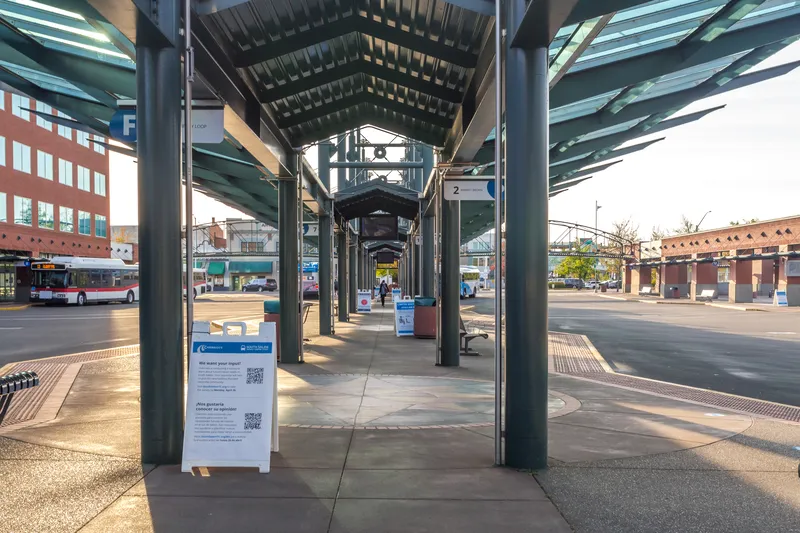
Cubic Transportation Systems is to deliver the Umo mobility platform to collect fares for Salem Area Mass Transit District (SAMTD) in Oregon, US.
Umo will be used on the Cherriots transit system to provide account-based ticketing, fare capping and contactless payment.
It enables transit users to pay by smartphone, bank card or a reloadable card, and to manage their accounts using a self-service web portal, or the Umo App, and reload their accounts with fare products, passes or stored value.
Travellers without a smartphone or bank card can use cash to purchase paper tokens with QR codes to scan upon boarding or obtain a smart card which can be reloaded with cash at participating retailers or SAMTD customer service locations.
The Umo platform also allows SAMTD to enable fare capping to adjust what riders pay and to reward them for riding public transit.
SAMTD joins three Oregon-based public transit agencies who have been using the Umo platform for several years, including Rogue Valley Transportation District, Lane Transit District and Cascades East Transit.
“Our partnership with SAMTD will bring riders a seamless travel experience from trip planning to simplified fare payments," explains Bonnie Crawford, vice president and general manager, Umo.
"The Umo platform also opens the door for future interoperability with neighboring agencies that will enhance travel for everyone in the region.”
“We are excited to be a partner with Cubic in adding the Umo pass to how we can create new, innovative options for our customers,” said Steve Dickey, SAMTD director of technology and program management.
“Cubic has been a leader in our industry in helping transit districts make it easier and more convenient for transit riders to use our services.”








